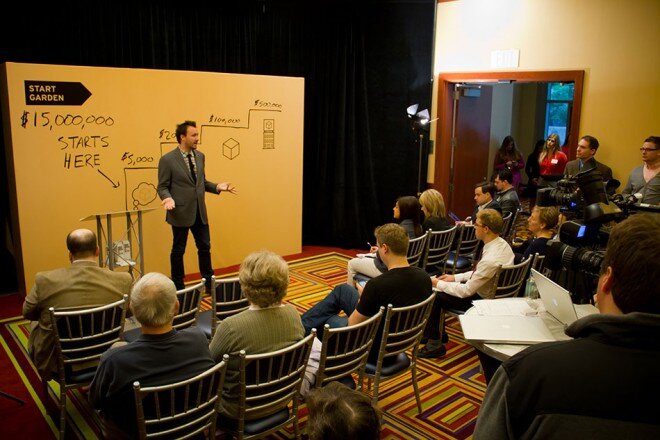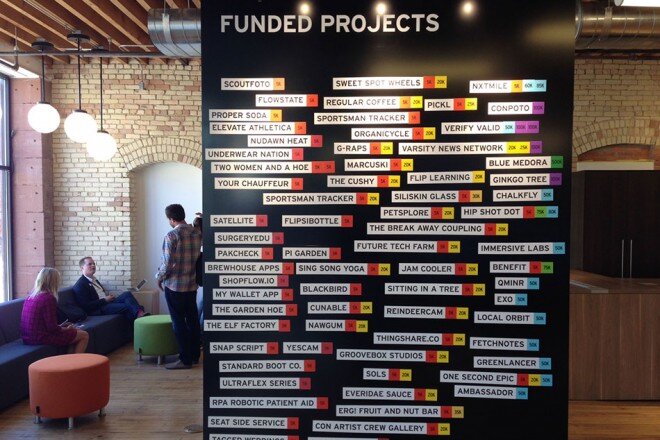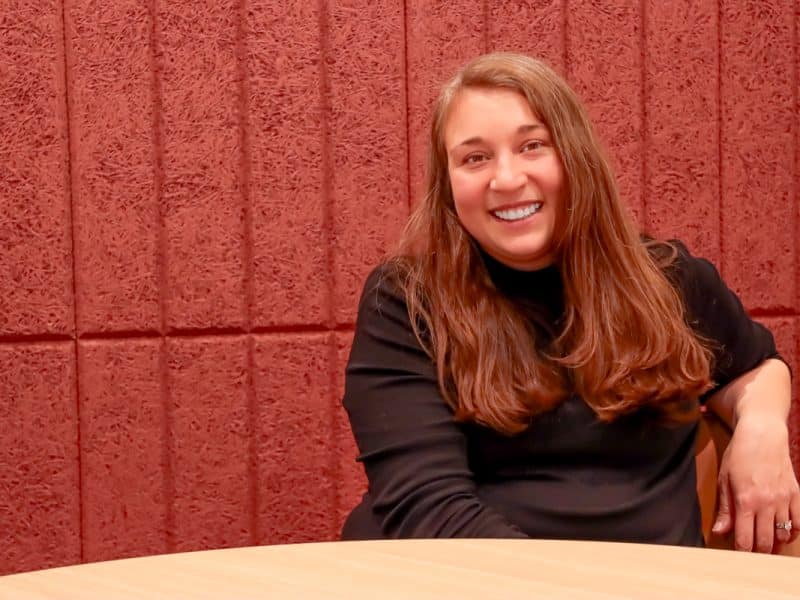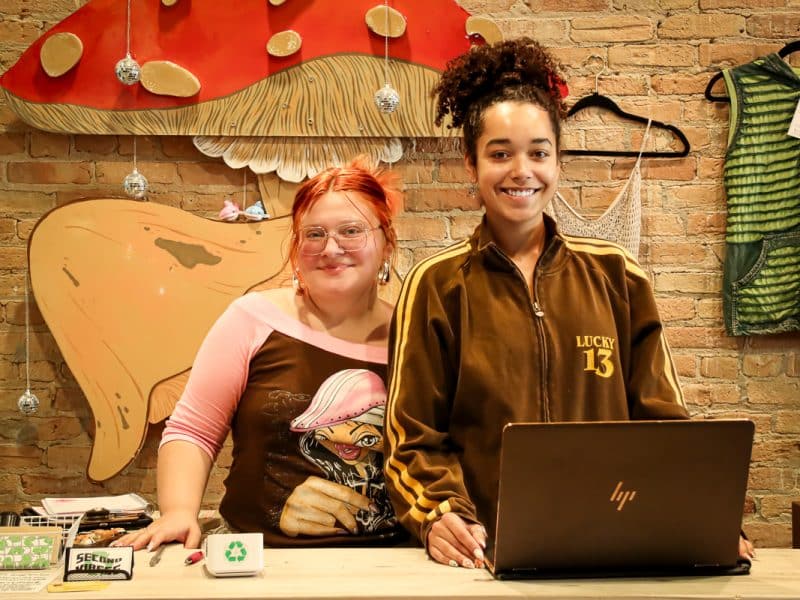Start Garden planting seeds of diversity for future minority-owned startups
Start Garden has partnered with The Grand Rapids SmartZone Local Development Finance Authority to create a two-year incubation program for six minority-owned tech startups.

Every six months, Start Garden conducts the “Ecosystem Surveys” –– surveys that measure the diversity of local businesses. Start Garden’s co-director Paul Moore reports that in these surveys they were receiving consistently low numbers of tech company founders who were non-white or female. As a result, the organization has partnered with The Grand Rapids SmartZone Local Development Finance Authority to create a two-year incubation program for six minority-owned tech startups.
“Specifically, I think it should be said that we’re targeting founders who want people who are trying to start companies, and that to us is a critical domino because diverse founders hire diverse employees,” says Moore. “The end goal is to see an explosion of the amount of diversity in which people are creating startups in the community, and that that doesn’t become something where people walk into a room and are like ‘Wow’ –– it just becomes the norm.”

For those who participate, the program will subsidize the costs for memberships and parking as a way to leverage access to resources they typically would not have. For company founders who do not have that financial burden hanging over them, it will grant them the opportunity to utilize Start Garden’s co-working space, events, and mentorships.
Moore describes the program as ongoing work of the organization, with the intentionality to target the African-American and Hispanic populations “who have felt like entrepreneurship wasn’t for them, or the Grand Rapids business community wasn’t for them, to make sure the message is clear: it is [for them].”

Moore points out that minority-owned businesses in their beginning stages tend to lack two crucial resources: financial and social capital.
“There’s a lot of activity in the teaching of aspiring entrepreneurs how to make a business plan, but I think it’s really clear that just the educational activity doesn’t create a business,” says Moore. “So when I say real resources, it’s us really focusing on the things that switch someone from passively sitting there with a plan in their backpack, to magically working on [their business].”
Additionally, Moore adds, “Everyone knows it’s who you know, not what you know, but people underestimate who actually knows who, and how hard it actually is to meet somebody.”
Currently, the program has four different tech startups involved. Although it is seeking a capacity of six startups to participate, Moore says they are continuously looking for ways to incubate more startups –– as many as they can.
For weeks, months, and realistically, years, the true end goal of these initiatives may not be visible from the outside looking in. But collectively, programs like these that serve the minority population are significant in impact; in their ability to plant a seed and grow into how we envision the ideal world to be.
Photos courtesy Start Garden.








